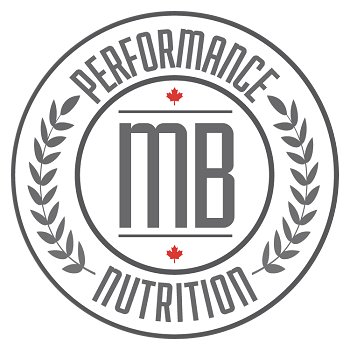Last updated on January 11th, 2024
Always Getting Sick? Protect your Immune System
When training with a high volume of exercise you face immuno-compromise and must take additional steps to protect your immune system. If you don’t pay attention to immune system recovery, you’re more likely to miss training and maybe even competition due to illness.
Intense bouts of training and competition lead to an acute reduction of immune system function. This means the risk of illness and infection is greatly increased after training and competition.
When I look back to obstacle course racers, this pattern definitely emerges. The race itself creates a large amount of stress on the body and then of course you’re surrounded by thousands of people before, during, and after the race. This combination of acute reduced immune system function and exposure to germs leads to a high rate of sickness.
Indeed, all season long my Facebook timeline was full of people posting about having the flu or recurring colds in the middle of summer and wondering why this was always happening to them.
If I dig a little further, the ones who are sick the most often, are the ones who train hard regularly, with little to no recovery days and have diets that aren’t exactly ideal, especially considering their training volume and intensity.
A negative energy balance can occur when exercise output is greater than calorie intake. When this happens, micronutrient needs go unmet and you may eventually experience immune system compromise and illness, not to mention increased injury potential (but I’ll save that for another blog).
Additionally, eating foods you are intolerant to can increase levels of immune stress leading to an increased rate of infections.
A deficiency in the key vitamins and minerals that support the function of the immune system can lead to poor immune response and insufficient immune defense from foreign invaders.
These include vitamin A, vitamin B-6, vitamin B-12, thiamin, vitamin C, vitamin D, vitamin E, copper, iron, magnesium, selenium and zinc.
You can support your immune system by using appropriate workout nutrition strategies that prevent micronutrient deficiencies. Simple nutritional modifications along with the addition of sustainable habits can improve immune function. Immune system weaknesses can also be addressed with supplementation.


